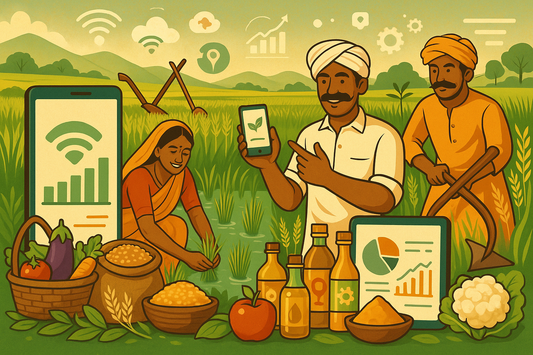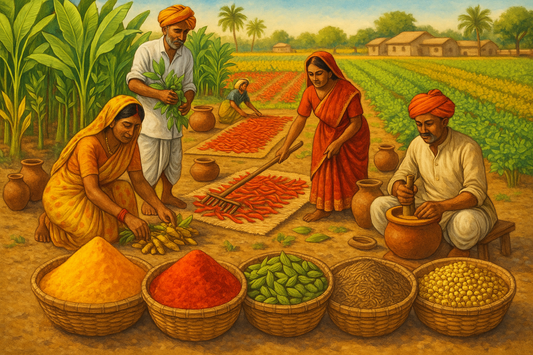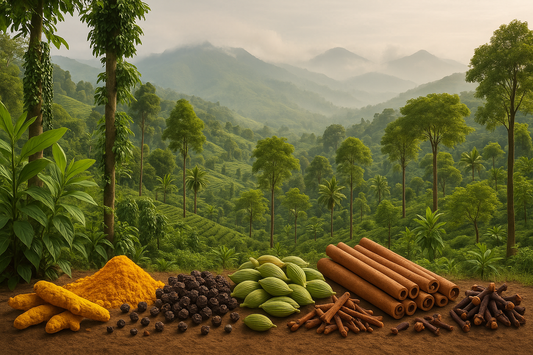
Indian traditional festivals
Share
Indian traditional festivals are deeply rooted in the country's rich cultural heritage and are celebrated with great enthusiasm and fervor. These festivals hold significant religious, social, and historical importance, bringing people together to celebrate and honor various aspects of life.
What are some popular Indian traditional festivals?
Some of the most popular Indian traditional festivals include Diwali, Holi, Navratri, Durga Puja, Eid, Christmas, Onam and many more. Each festival has its unique rituals, traditions, and significance, making them an integral part of Indian culture.
How are Indian traditional festivals celebrated?
Indian traditional festivals are celebrated with rituals, prayers, feasting, music, dance, and colorful decorations. People come together with family and friends to participate in these festivities, spreading joy and happiness.
What is the significance of Indian traditional festivals?
Indian traditional festivals hold great significance in promoting unity, harmony, and cultural diversity. They provide an opportunity for people to connect with their roots, values, and beliefs, fostering a sense of community and togetherness.
How do Indian traditional festivals impact society?
Indian traditional festivals play a crucial role in preserving and promoting cultural heritage, passing down traditions from one generation to another. They also contribute to the economy through increased tourism, shopping, and festive activities.
Overall, Indian traditional festivals are a vibrant reflection of the country's diverse cultural tapestry, showcasing the beauty and richness of its traditions. By celebrating these festivals, people not only honor their heritage but also create lasting memories and bonds with their loved ones.








